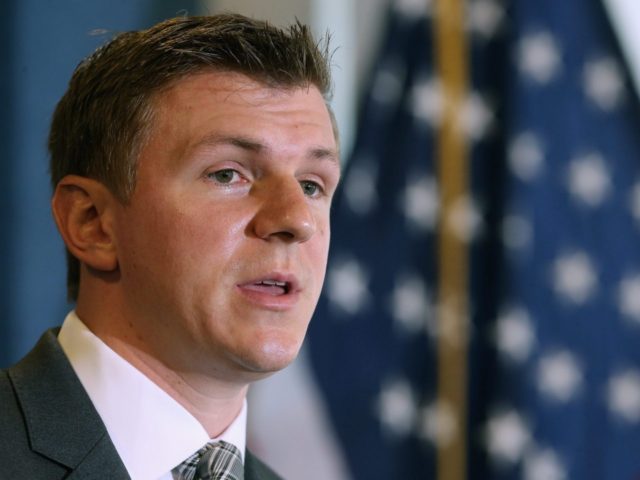A federal judge ruled Monday that Americans have the right to record public officials secretly, including police, who are fulfilling their duties in public, siding with James O’Keefe and Project Veritas.
U.S. District Chief Judge Patti B. Saris said the right to record public officials secretly is protected by the First Amendment with “reasonable” caveats, rejecting the state’s notion that public officials need space to work efficiently.
“Project Veritas has made First Amendment history,” said Project Veritas president and founder James O’Keefe. “With the summary judgement in this case being entered in our favor, PVA v Conley becomes the first case in United States history to hold that secretly recording government officials is protected by the First Amendment”
Judge Saris, a Clinton appointee to the federal bench, ruled the Massachusetts state law “may not constitutionally prohibit the secret audio recording of government officials, including law enforcement officials, performing their duties in public spaces, subject to reasonable time, manner, and place restrictions.”
“This is not to say that police and government officials have no privacy interests,” Saris wrote as part of her ruling. “However, the diminished privacy interests of government officials performing their duties in public must be balanced by the First Amendment interest in newsgathering and information-dissemination.”
Saris’s ruling was in favor of two separate sets of plaintiffs, one of which livestreamed footage of police officers while they performed their jobs, and the other James O’Keefe, who is president of Project Veritas, which focuses on catching politicians going against their constituents or engaging in illegal behavior.
The case will now go to the First Circuit.
“This wasn’t the New York Times. It wasn’t the Washington Post. Veritas made history,” O’Keefe told Breitbart News.
A Massachusetts law, enacted in 1968, placed a general ban on taping wire and oral communications. The legislature stated it was concerned with the rapid increase and use of “modern electronic surveillance devices” being a danger to citizens’ privacy.
In October, Project Veritas exposed a staffer of the Andrew Gillum gubernatorial campaign who said Florida “is a f***ed up state.” In the same month, O’Keefe and Project Veritas revealed footage of Heidi Heitkamp’s (D-ND) staff exposing her as being far-left, despite her efforts to appeal to voters as a more moderate candidate.
The case is Project Veritas Action Fund v. Conley, No. 1:16-cv-10462 In U.S. District Court for the District of Massachusetts.
Follow Kyle on Twitter @RealKyleMorris and Facebook.

COMMENTS
Please let us know if you're having issues with commenting.